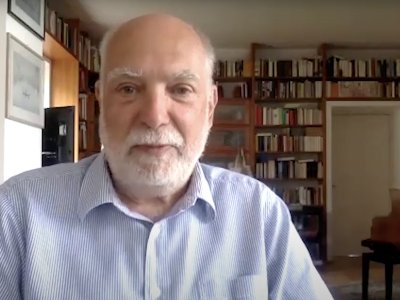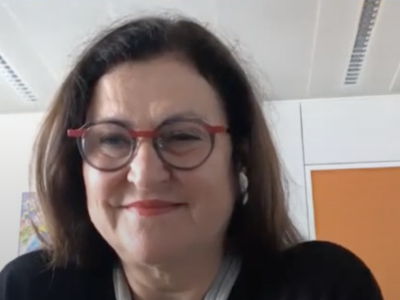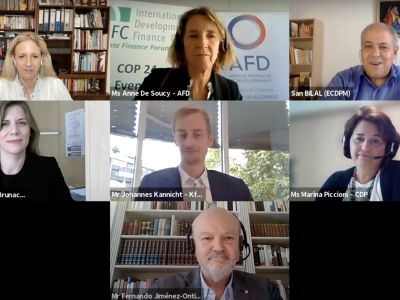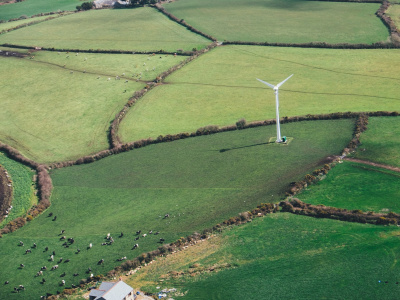
Reflections on the European financial architecture for development – EFAD Talks

Authors
In 30-minute interviews with key stakeholders from the European bilateral and multilateral development banks, the European Commission and development finance experts, co-hosts Mikaela Gavas (CGD) and San Bilal (ECDPM) take you on a thought-provoking journey as they explore efforts to maximise the potential of European development finance and get to grips with how to devise a more collaborative system.
Watch all episodes
The European financial architecture for development
In late 2019, a ‘High-Level Group of Wise Persons’ set out to propose approaches for streamlining the complex web of European financial institutions for development to pave the way towards a more effective and rational system focused on sustainable development impact. The Group called for stronger EU policy guidance, greater emphasis on climate, biodiversity and development impact (notably in Africa), stronger visibility of European development finance, and better coordination and cooperation among finance and development partners. The Group also recommended the establishment of a European Climate and Sustainable Development Bank (ECSDB), thereby setting in motion a contest between Europe’s two multilateral banks, the European Investment Bank (EIB) and the European Bank for Reconstruction and Development (EBRD) as to which would be most capable of fulfilling this role.
In 2020, a feasibility study was commissioned by the European Council to assess the viability of the two banks taking on this role, and to consider a third option – ‘Status Quo Plus’ – more cooperation short of a new bank. This third option has been put forward as the most attractive and feasible, albeit with the risk that it would be seen as an endorsement of the status quo and that the EU and the banks would not fundamentally change their actions. There is, however, still a long way to go to decipher what exactly the ‘plus’ means in practice. Decrypting this is fundamental in determining the ability of the EU to effectively contribute to a post-COVID-19 reconstruction that is greener, more inclusive and gender-sensitive.










